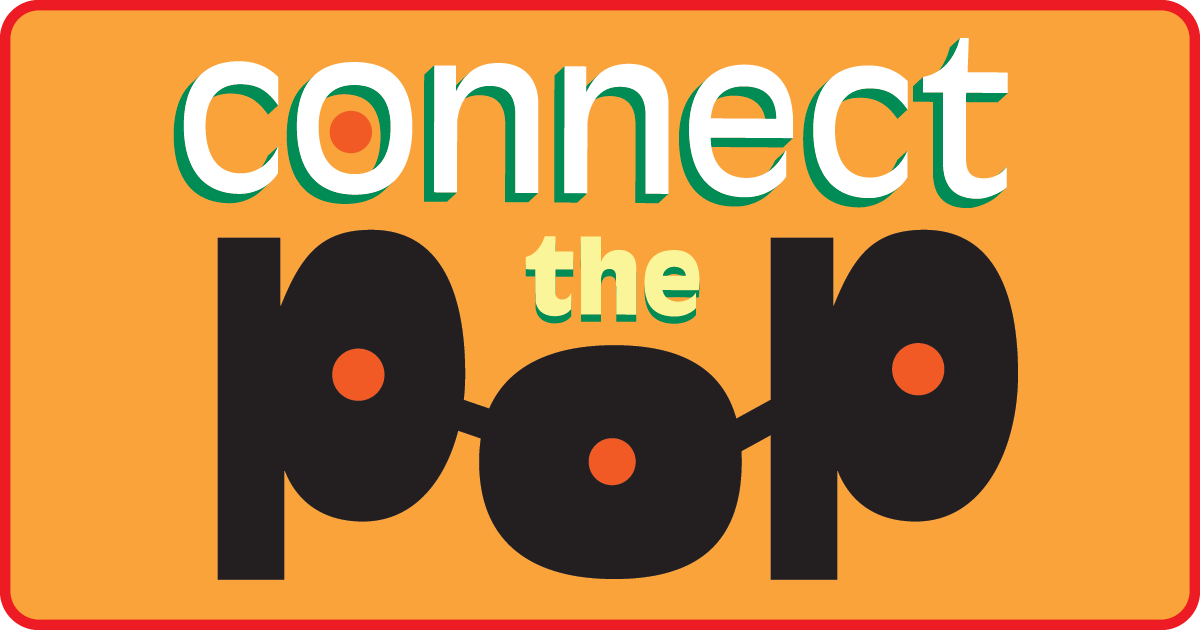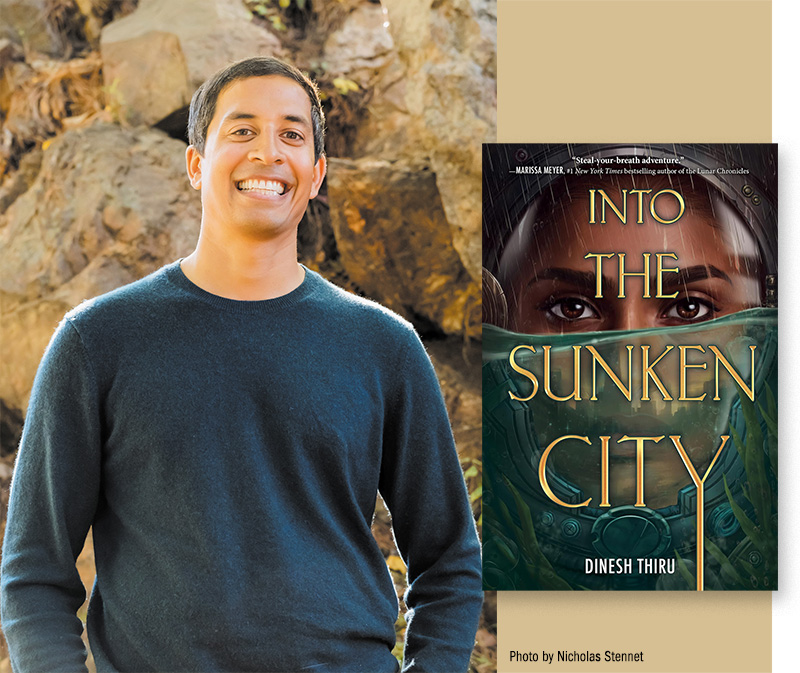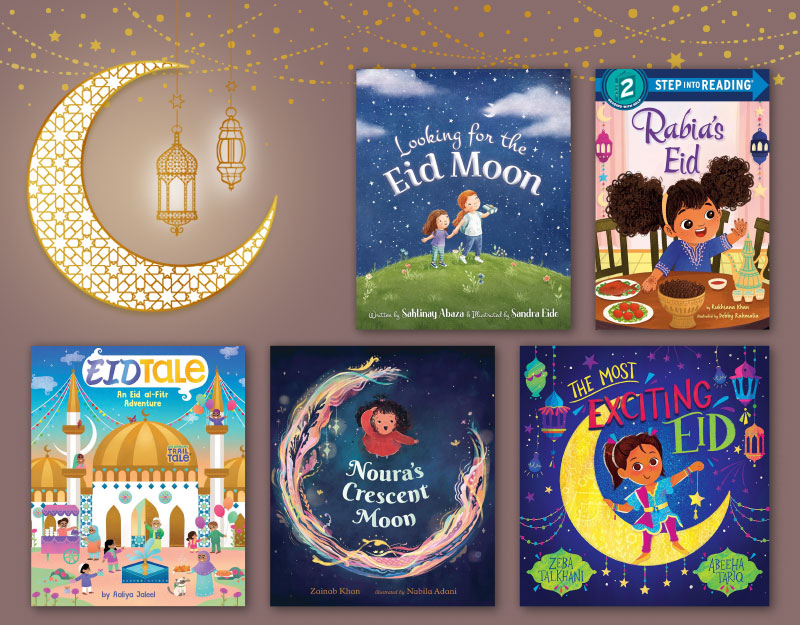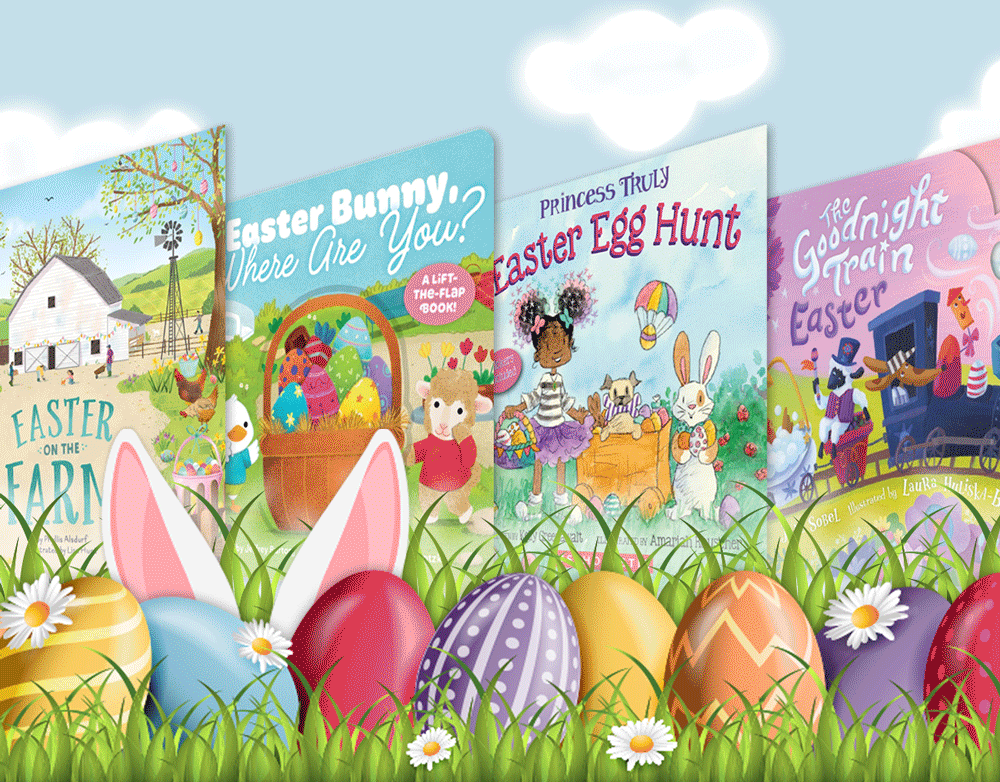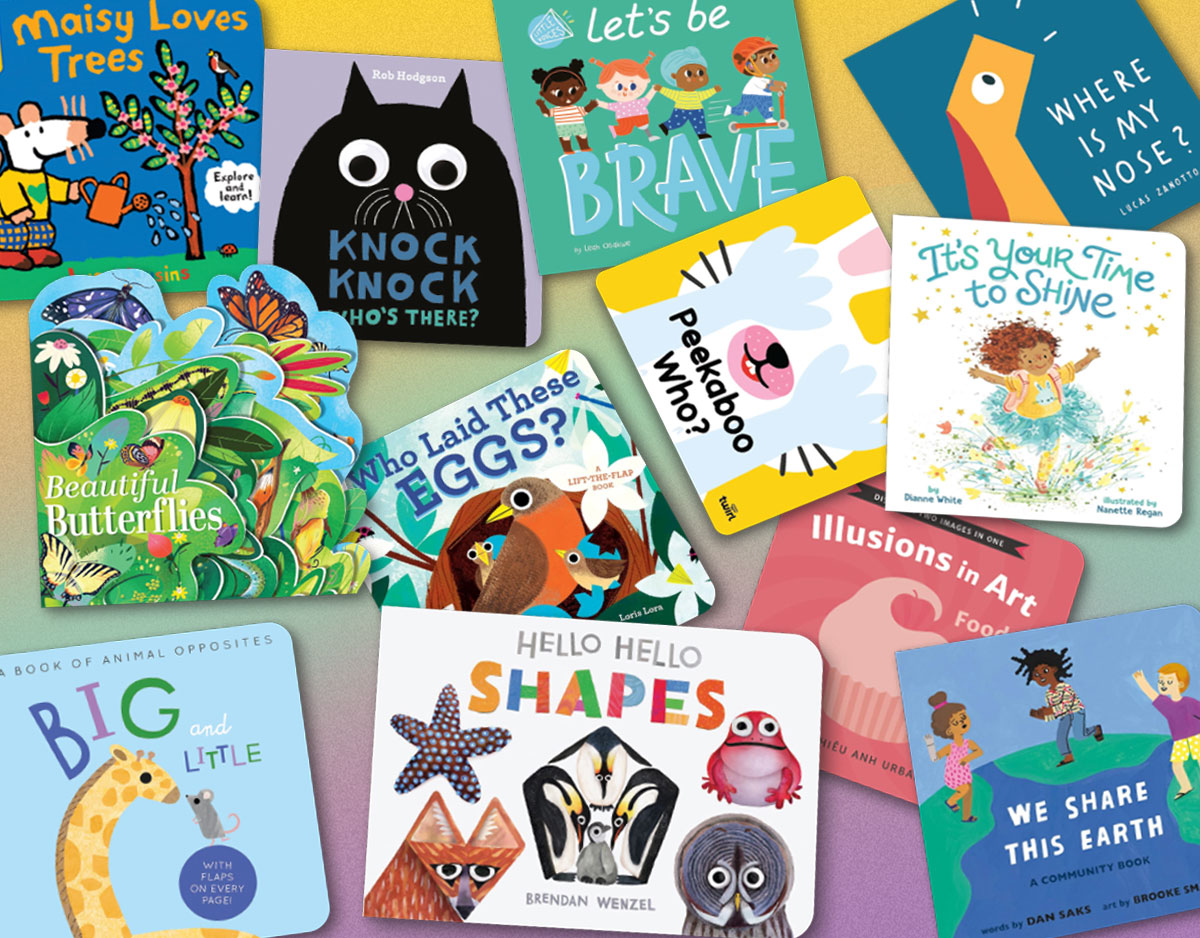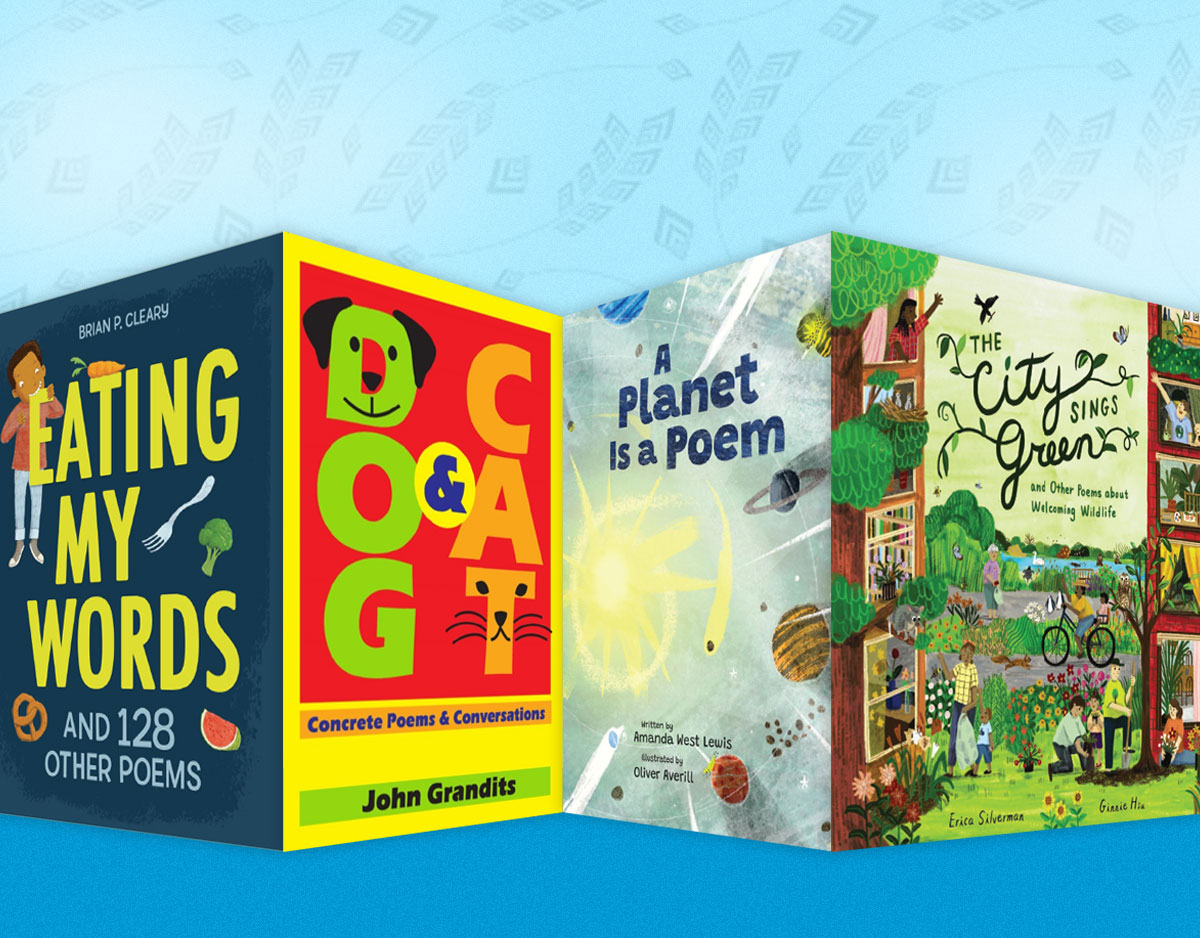SCROLL DOWN TO READ THE POST
‘World War Z’ At the Movies: Some Critical Thinking Questions
Given its youth-friendly PG-13 rating from the MPAA and what’s shaping up to be a very strong opening weekend at the box office, it seems more than likely that many secondary students will be seeing World War Z. With this in mind, here are some questions that can generate a media literacy-flavored discussion of Marc Foster’s film—and in a few cases maybe even get participants thinking about movies, and zombie apocalypses, a bit differently.
- Does that PG-13 rating help or hinder the impact of the film? That is, does the relative absence of graphic gore run the risk of making violence seem less consequential, even more palatable—or is leaving extremely grisly images up to the audience’s imagination a sign of better storytelling?
- Similarly, in terms of conducting a “trade-offs” analysis: since the Max Brooks novel that the film is based upon is an “oral history” collection made up of many different voices, what is lost (or gained) by having a single point-of-view character in the film?
- Whether you have read the novel or not, how do you feel knowing that a significant part of it concerns the geopolitical fallout from the war with the zombies—an idea which aligns historically with the two actual world wars of the 20th century? By not showing the inevitable conflict among former allies or equally inevitable reconciliation among former enemies, the script loses an opportunity to present a truly epic tale—but would “blockbuster” audiences have wanted to see such a film?
 As a follow-up: because the source material is about a decade-long war, how would the dramatization have fared as a TV series or mini-series? Be sure to answer both in the abstract (e.g., how good a fit is the novel’s content for the medium?) and in the specific (e.g., would today’s television audiences have gravitated to it, or are apocalyptic scenarios too commonplace on the small screen?).
As a follow-up: because the source material is about a decade-long war, how would the dramatization have fared as a TV series or mini-series? Be sure to answer both in the abstract (e.g., how good a fit is the novel’s content for the medium?) and in the specific (e.g., would today’s television audiences have gravitated to it, or are apocalyptic scenarios too commonplace on the small screen?).- Significant portions of the film were reshot, presumably for commercial reasons. Read some of the details as reported by Movies.Com, and speculate as to whether the changes have enhanced the film’s box office appeal, strengthened its narrative, both, or neither. (Oh, and it probably goes without saying the spoilers abound if you follow the link.)
- Some critics have pointed out the video game-like structure of the film, meaning that it is divided into discrete segments and locations, each of which presents a goal that must be accomplished before moving to the next. Is this a fair (or helpful) comparison? Why or why not?
- How do the international locations and cast of characters help the film’s chances at the global box office? Moreover, to what extent do you think such elements were a factor in deciding to adapt the novel in the first place?
- How does the depiction of zombies compare to the slow zombies in The Walking Dead or George Romero’s films? And is such a comparison relevant to making a distinction between a movie that is scary versus one that is suspenseful?
- What genre is the film? The zombie content would point to horror, obviously, but which aspects of action thrillers, war movies, disaster films, and medical mysteries (à la the TV series House) can also be noticed? Do these, individually or in combination, outweigh the horror aspects?
- Finally, in what sense does World War Z avoid, or repeat, that tendency of blockbuster screen violence that downplays its “realism” and emotional impact by focusing so much on events occurring on a grand scale (a charge leveled at the Transformers movies and Man of Steel)? Do you think there are sufficient instances of individuals in peril in World War Z that viewers don’t/won’t feel as if the violence is fundamentally being concealed or whitewashed?
###
Filed under: Media Literacy, Movies, Print Media, Transliteracy
About Peter Gutierrez
A former middle school teacher, Peter Gutierrez has spent the past 20 years developing curriculum as well as working in, and writing about, various branches of pop culture. You can sample way too many of his thoughts about media and media literacy via Twitter: @Peter_Gutierrez
ADVERTISEMENT
SLJ Blog Network
One Star Review, Guess Who? (#202)
This Q&A is Going Exactly As Planned: A Talk with Tao Nyeu About Her Latest Book
Exclusive: Giant Magical Otters Invade New Hex Vet Graphic Novel | News
Take Five: LGBTQIA+ Middle Grade Novels
The Classroom Bookshelf is Moving
ADVERTISEMENT
ADVERTISEMENT

